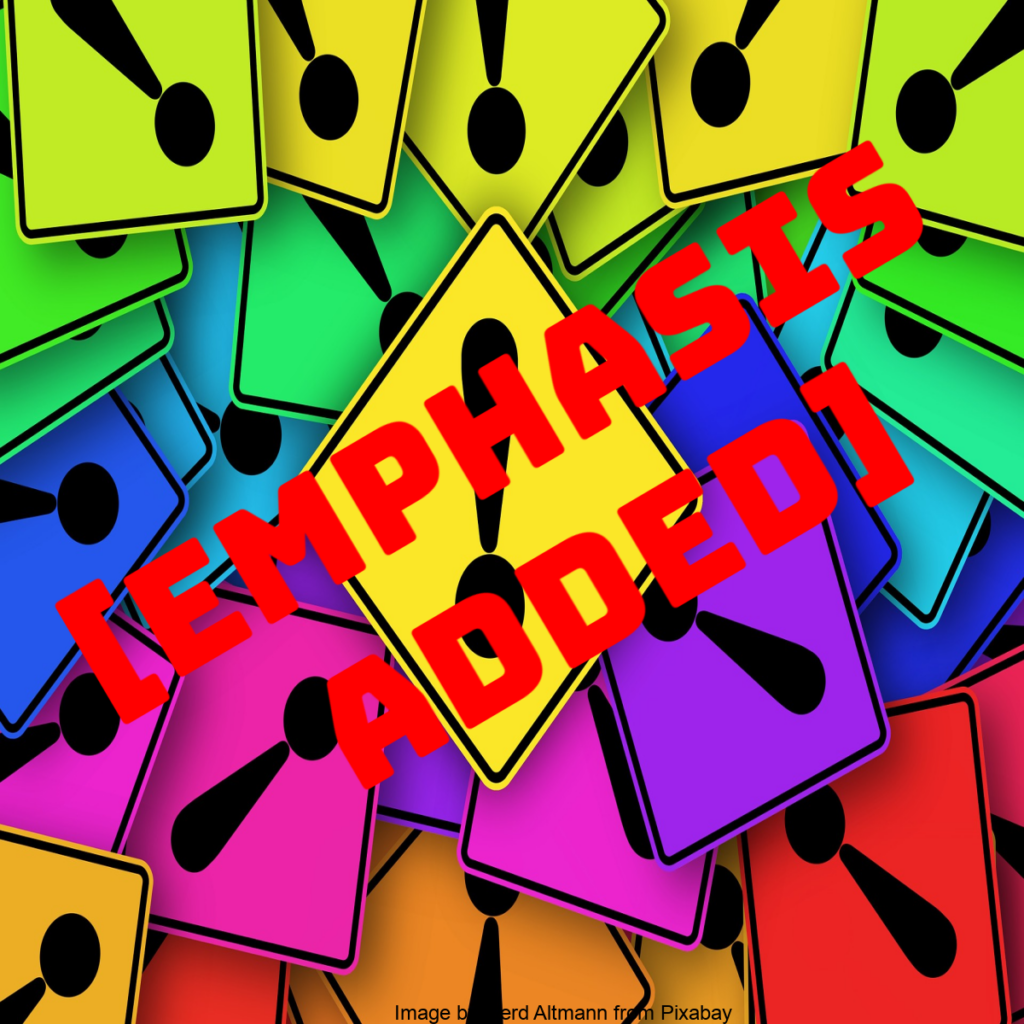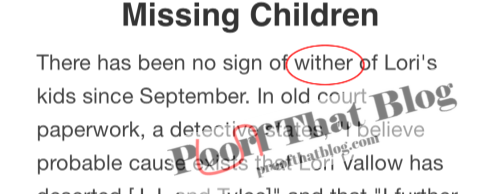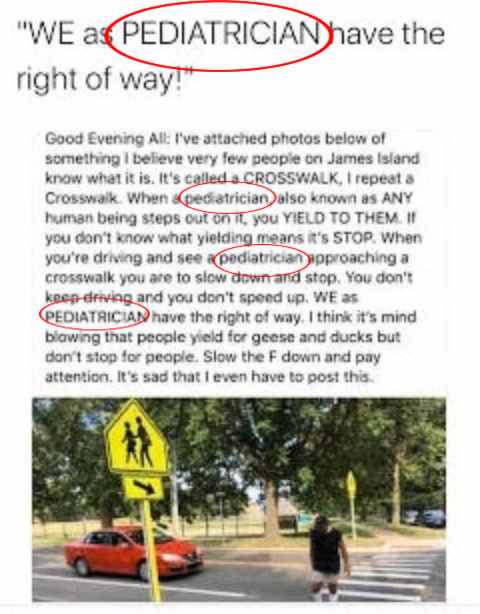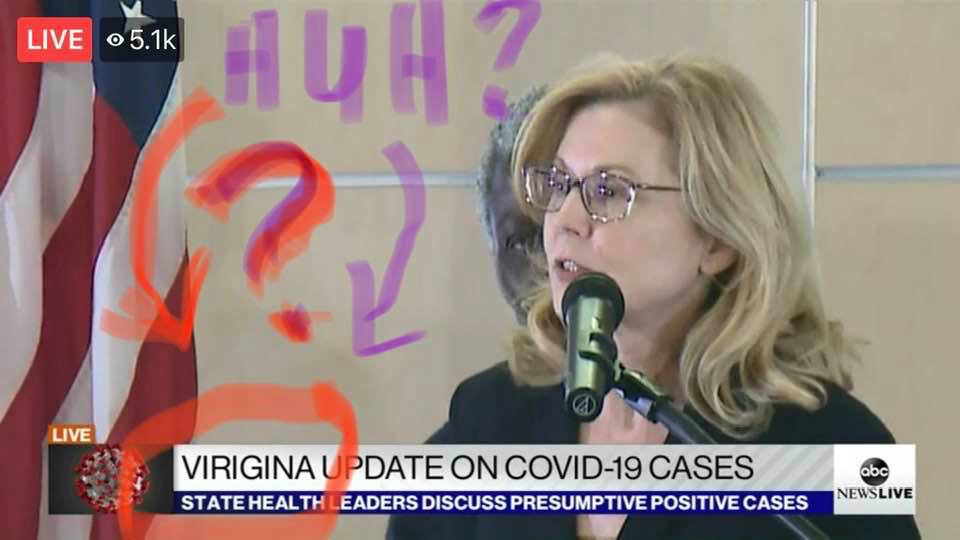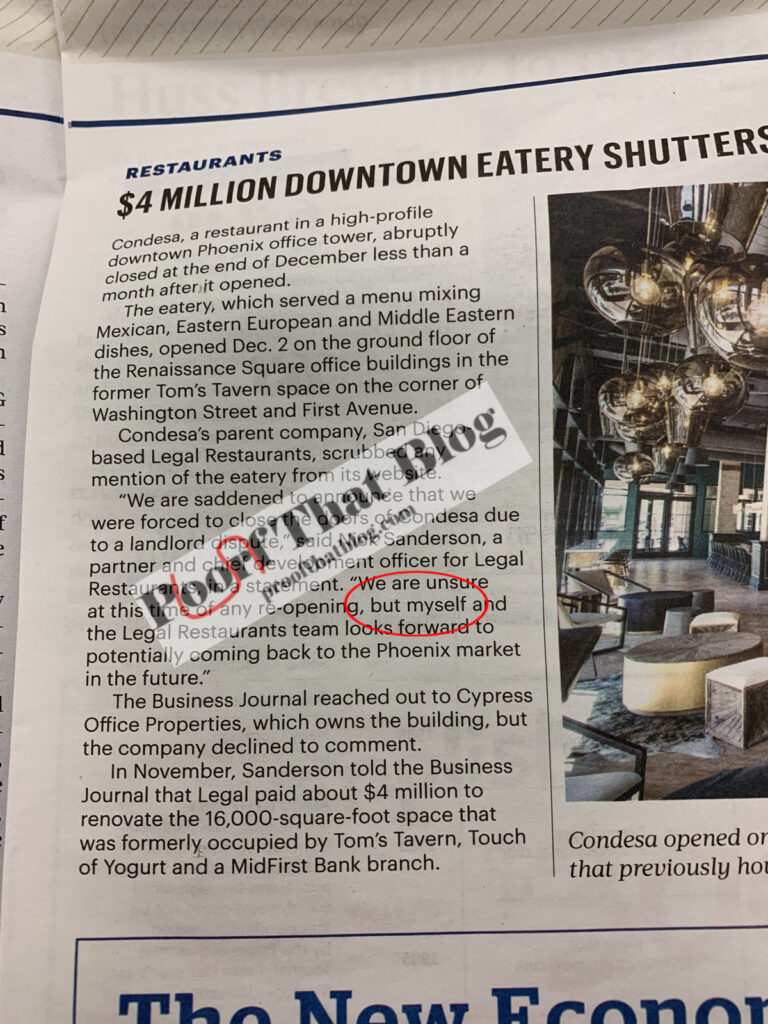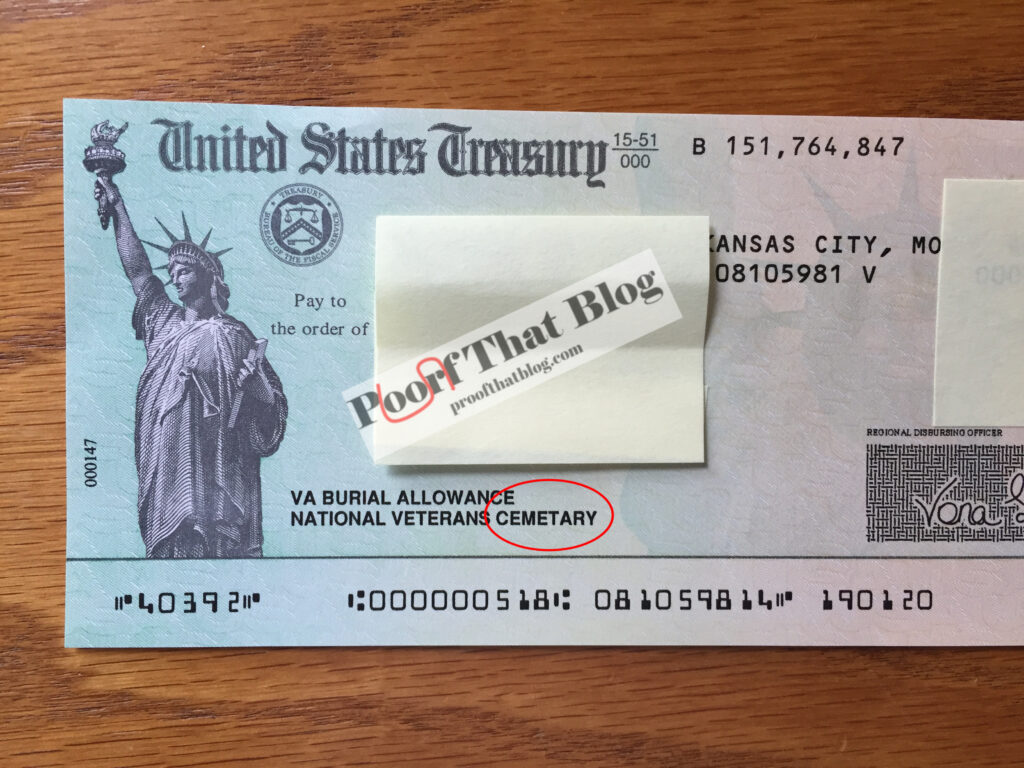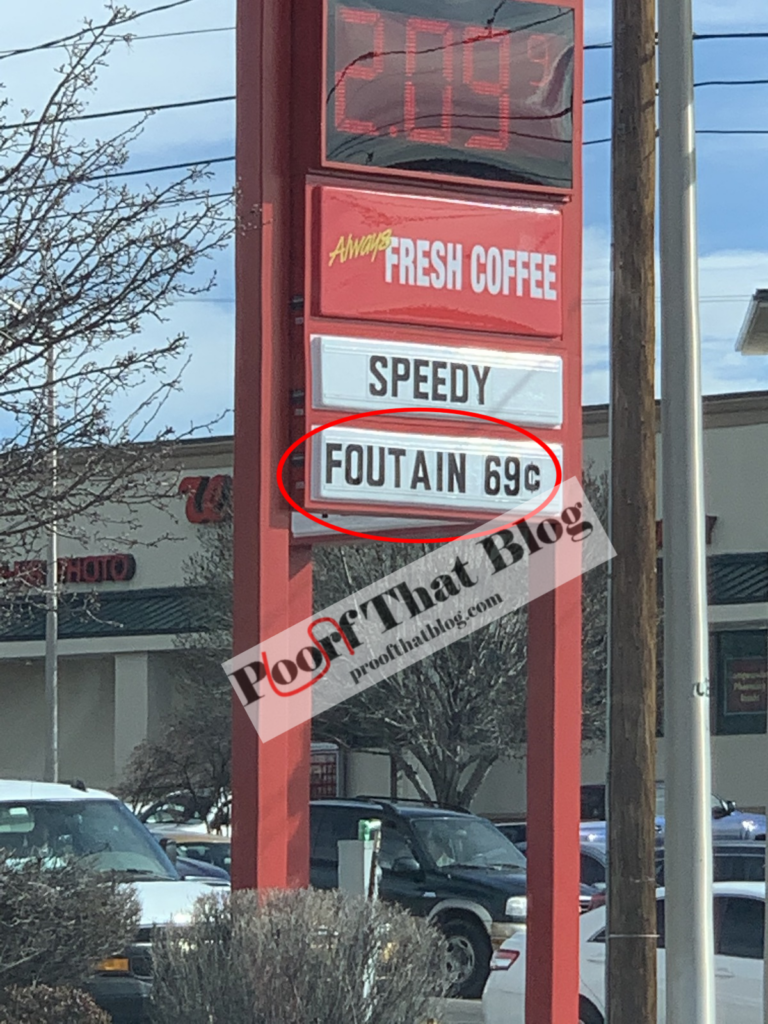Richard recently asked “You spoke of using the correlative conjunctions ‘not only, but also’ with several different helpful examples, but there’s one example you did not present – when there are two singular subjects in a positive structure. What would we say in the following example:
- Not only John, but also his wife is/are going to graduate.
- Not only he, but also she is/are going to graduate.
Do we use ‘is’ or ‘are’ here? We are talking about both subjects doing something.”
When you have two singular words joined by not only . . . but also, the subject is singular and so you use a singular verb. This would cover your examples. Both words are singular–“John” and “wife,” “he” and “she.” So the correct word in both cases would be “is.”
- Not only John but also his wife is going to graduate.
- Not only he but also she is going to graduate.
You should also notice that there are no commas in that sentence. Most sources I reviewed said there would be no commas unless it was confusing. I don’t think that fits here.
Thanks for the question, Richard, and I hope you got the answer you were looking for. If anyone still has questions, check out the blog post “Not Only More Subject/Verb Agreement But Also Intervening Clauses” for more information about this and more or Ask PTB at the tab above.


 Follow
Follow